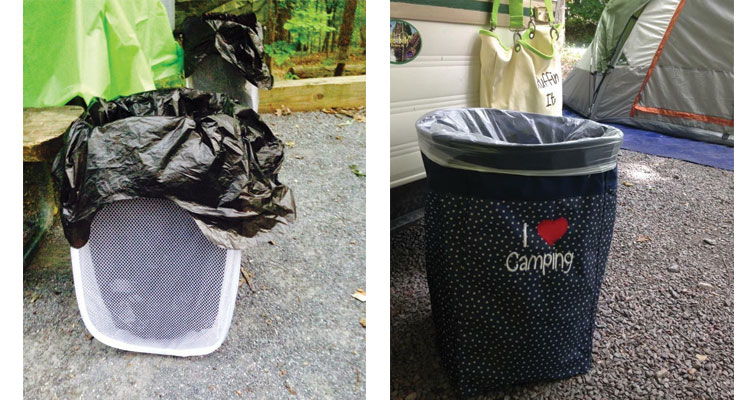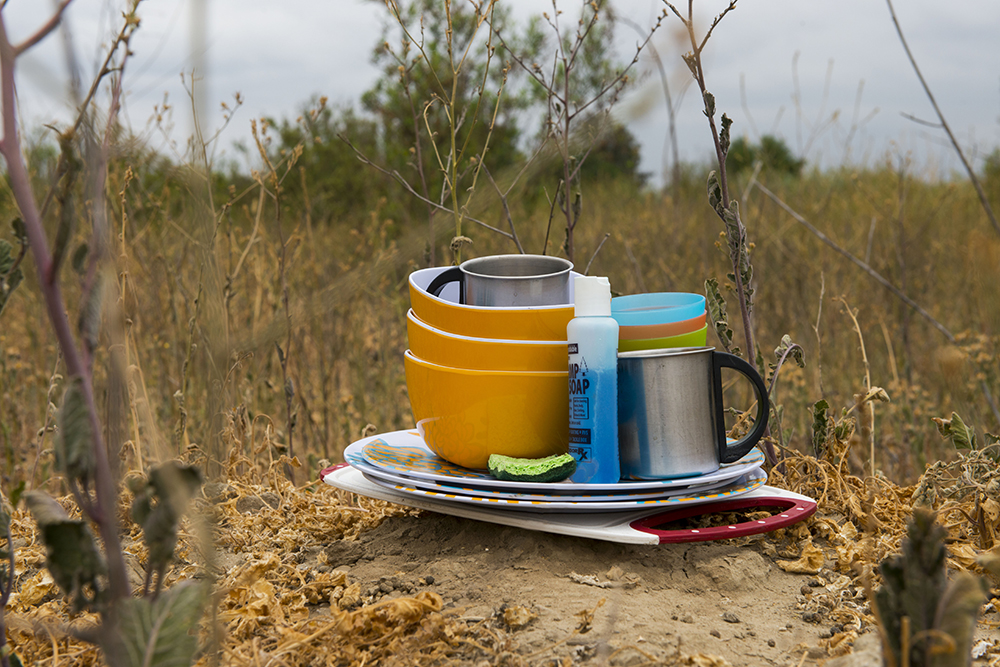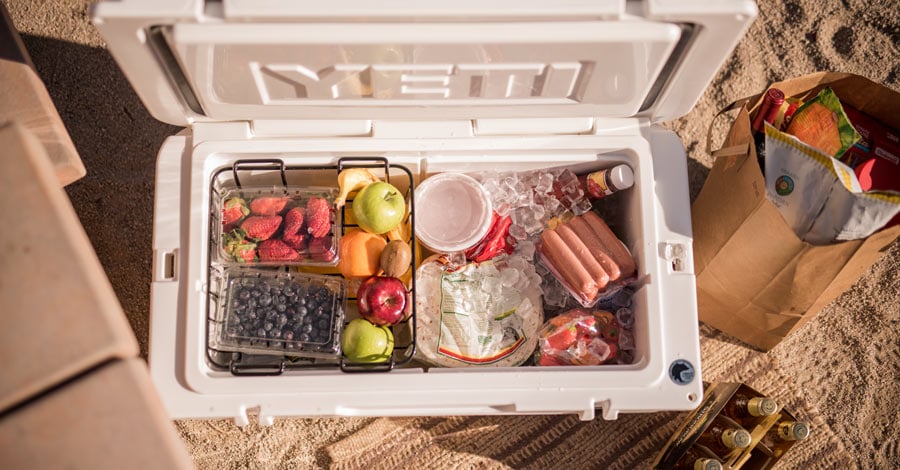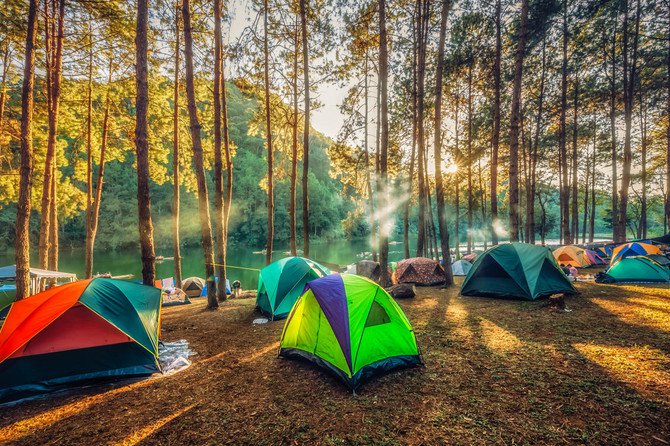It’s really easy to forget that although sleeping outdoors is different then sleeping in our own homes, it’s still important to clean up after ourselves. Of course, camping is a time where you break out the endless amount of treats, new gear and packaged goods, but tied to these items is plastic wrappers, foil and other types of material that do more harm than good to our environment. Rather than using your roof box as a temporary bin, why not look into some alternative tips and hacks that will help you keep on top of any mess and make it easier for you to leave your camping spot the way you found it.
Think of it this way, it’s not just the environment you’re looking after but also yourselves and others on your campsite. Practising proper camping etiquette goes a long way in helping preserve the environment and making sure your time camping is easy and without stress. Use some of these ideas so that cleaning up when camping doesn’t feel too much like housework.
Outdoor bin
Take plastic bags with you so that you can place them around your camp and make sure that all rubbish is contained into one place. This also makes it easier for you once it’s full and needs to be taken away. Think about how quicker it will make packing up your camping spot at the end of your trip. You don’t want to be the one family that leaves their camping spot dirty and full of a mess. Similarly, any loose scraps and crumbs are likely to attract animals more than once so if you don’t want any unwanted guests, clear away any form of food. But to go that extra mile, make sure you tie together the handles of the plastic bags so that the smell doesn’t linger and appeal to animals even after picking it up from off the ground.
Dirty pots
Keep all your dirty pots and camping utensils in one pile off to the side. Having them scattered about camp helps no one and only entices who knows what kind of animals and insects. Also, there’s a chance you could accidentally reuse the first pot again and risk getting sick from bacteria and germs. It’s much easier to keep all the dirty pots and pans together so that you can quickly wash those that have previously been used. Plus, if you have pots around your camp and have young children, one of them may trip and injure themselves all because you haven’t cleaned up after dinner. These are simple solutions that are an effective way of making your camp life more efficient and the environment around you left as it was.
Camping etiquette
Try not to damage any wildlife while you are camping by digging unnecessary holes or squashing vegetation with your tent or other equipment. Although you should make your camp your home for the short time you stay, bear in mind that soon you will be leaving and another family will have to take up residence. A part of camping etiquette is making sure everything is left as you found it and there are no surprises. Essentially, have respect for others and any wildlife that is your neighbour during the time of your stay. The same mind set can be applied for when you leave, you’re basically making sure no trace of your stay is left behind so that the next campers can have a clean and clear space to make their own memories. Also, try not to burn any items in the fire instead of throwing them away. This goes for paper plates especially as they release pollution into the air along with an unpleasant odor that your neighbours aren’t likely to appreciate. Stick to discarding any rubbish into your makeshift bin, this way you respect the environment and don’t run the risk of upsetting any new campmates.
Storing food
Effectively store away any unused food in coolers and containers so that not only do they not attract animals but so that any food you have does not go rotten and create foul odours. This is where your camping food prep comes in handy as any meals prepared should already be organised into food containers. Also, by keeping food stored this means that there is no chance for food to find its way onto the floor and affect the vegetation. True, some rotten food can act as compost for some plants but it can also kill others by spreading bacteria and in turn affect the wildlife that live in the area. You can also look at it by saying that storing away food keeps any flyaways from landing on your neighbours camp or in trees, bushed etc. Especially if you are camping near a stream, you want to keep this area clean and maintained as it is most likely the local wildlifes watering hole. Having empty crisp packets or other used items clogging up the area can pose a danger to the animals.
And so, camping may be different from home life but that does not mean the environment should be treated with any different form of care. By taking up temporary residence outdoors, you are essentially becoming guests in someone else’s house. This means that practising camping etiquette and respecting the environment is an important part of staying outdoors. Hopefully, these tips will help you the next time you have a camping adventure so that your outdoor trip is made easier and the environment does not suffer. Happy camping!






